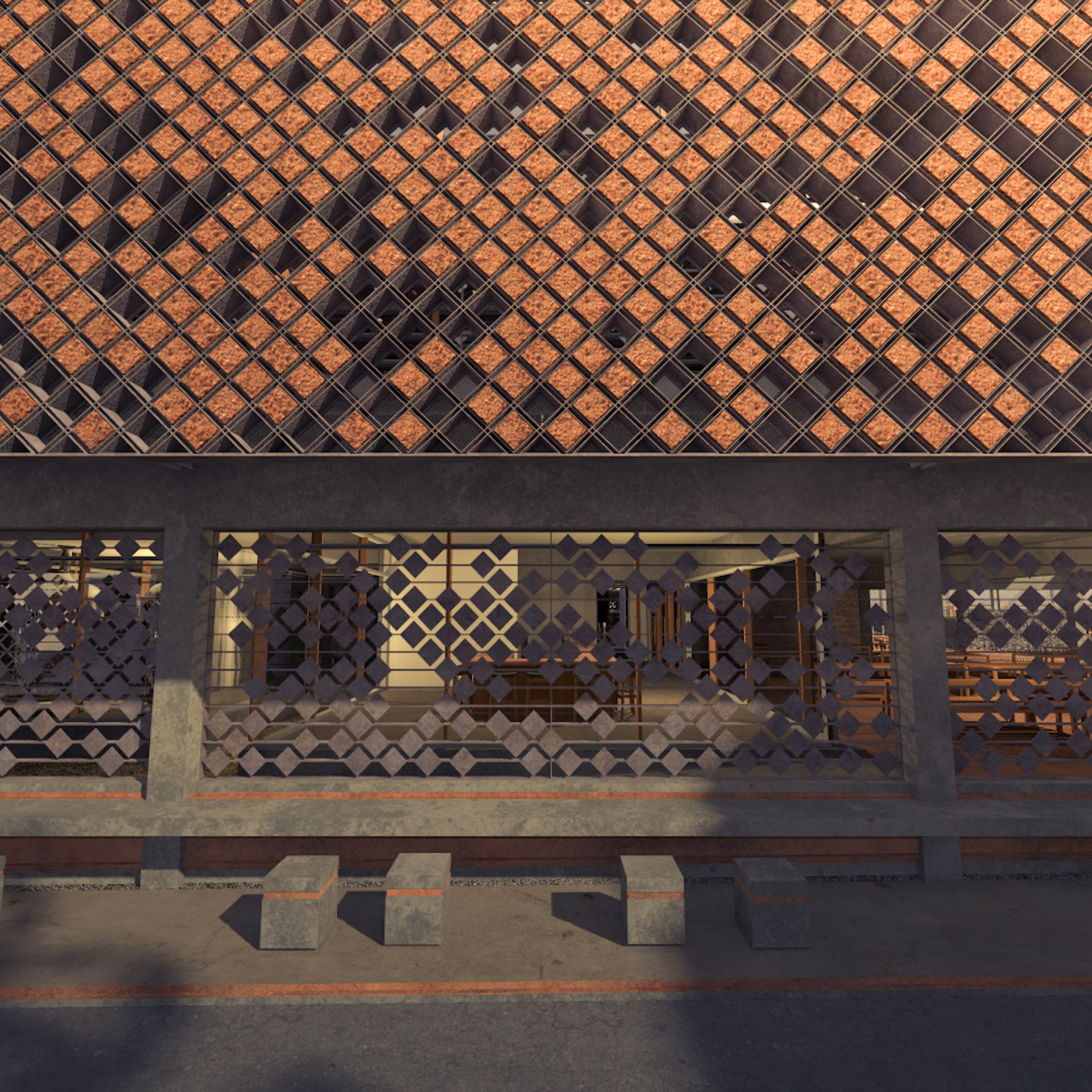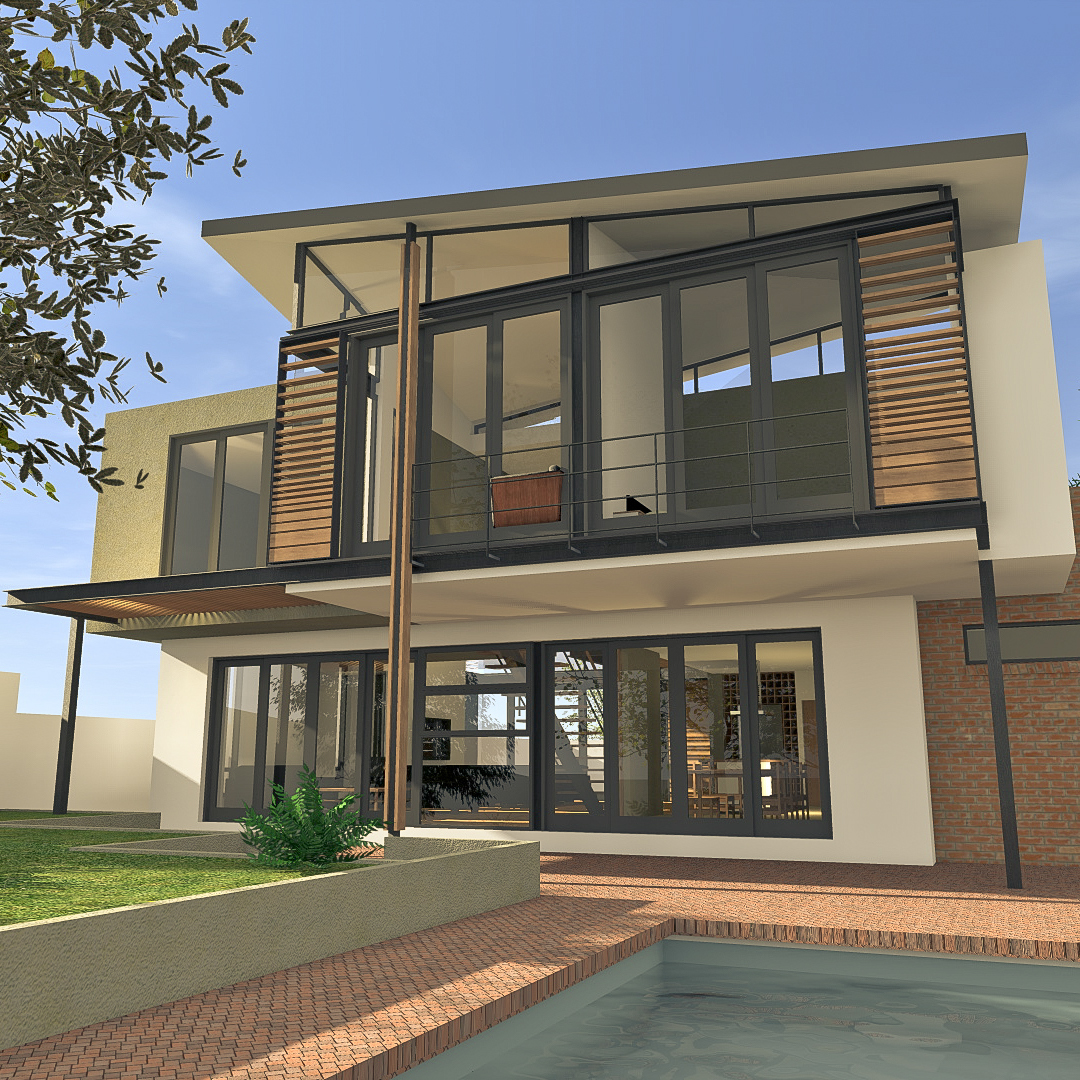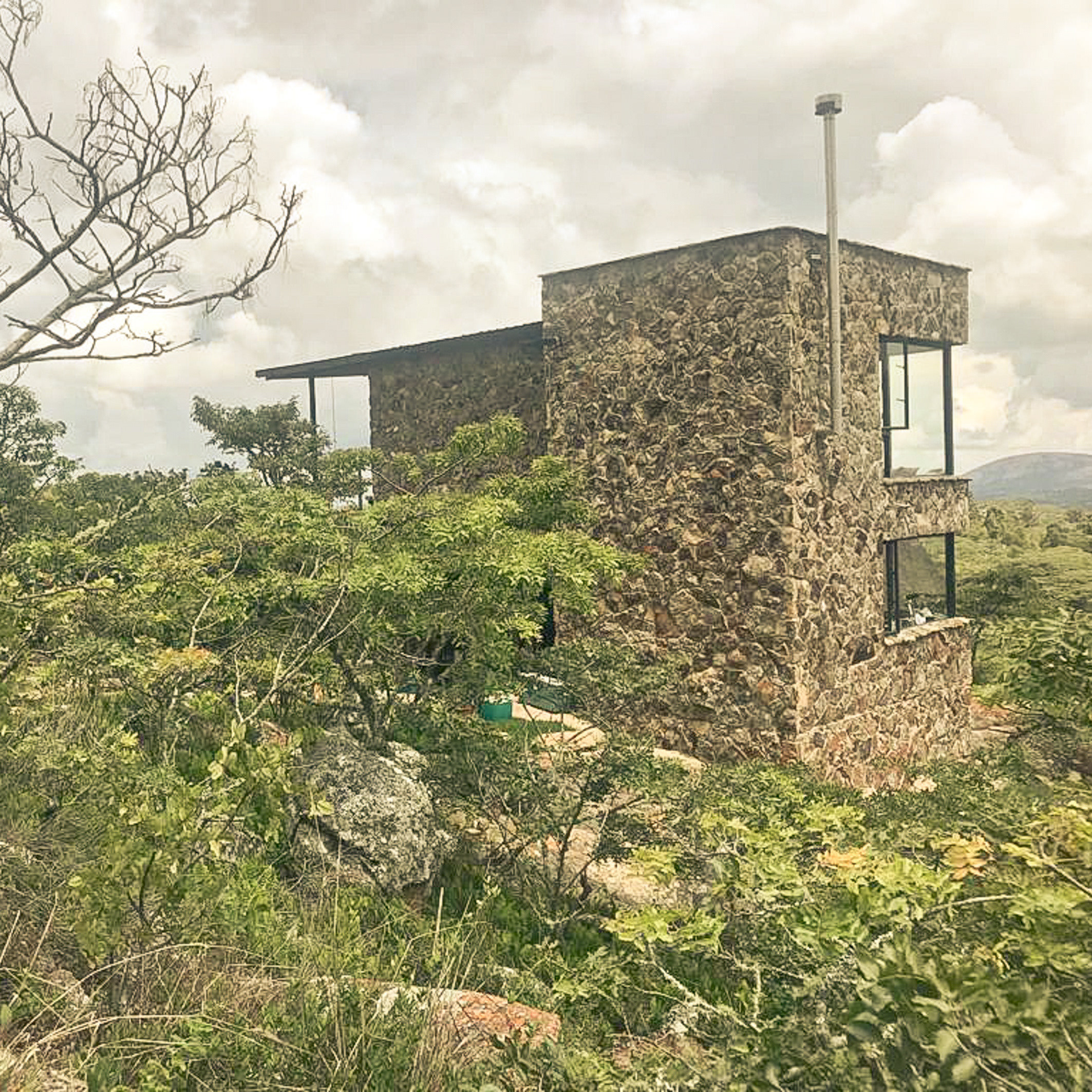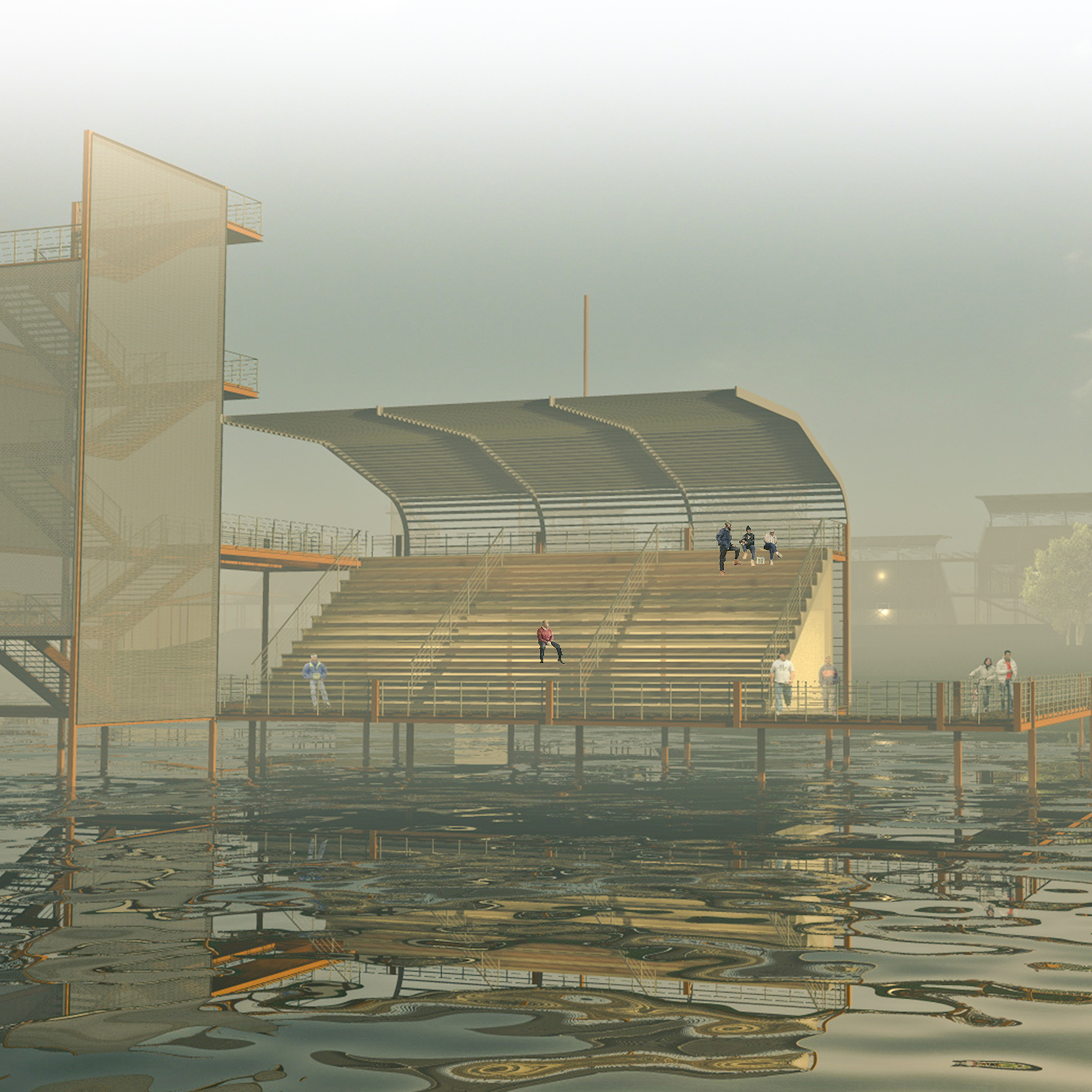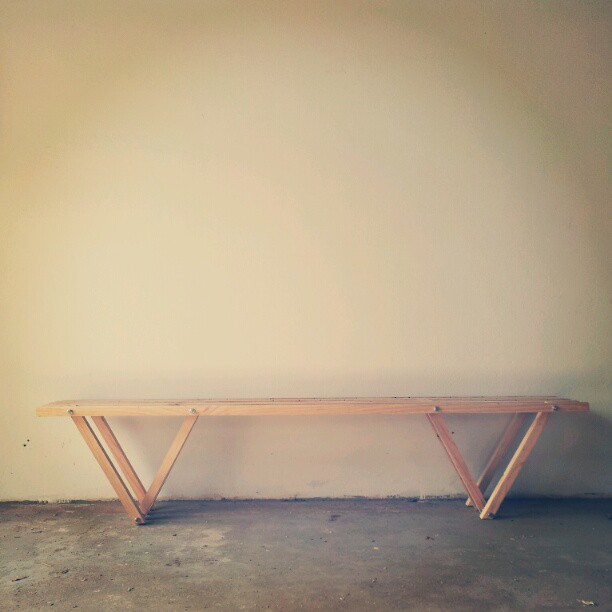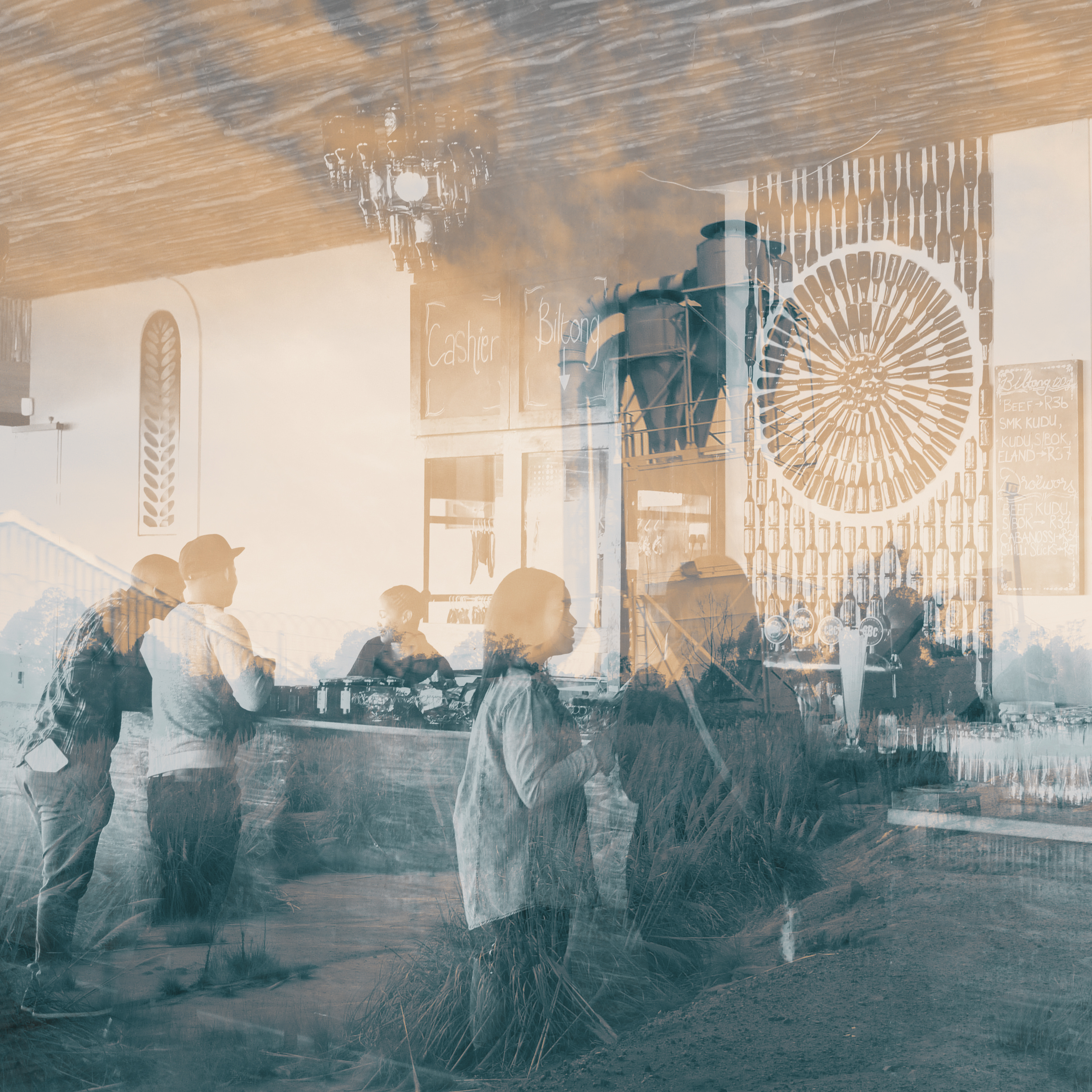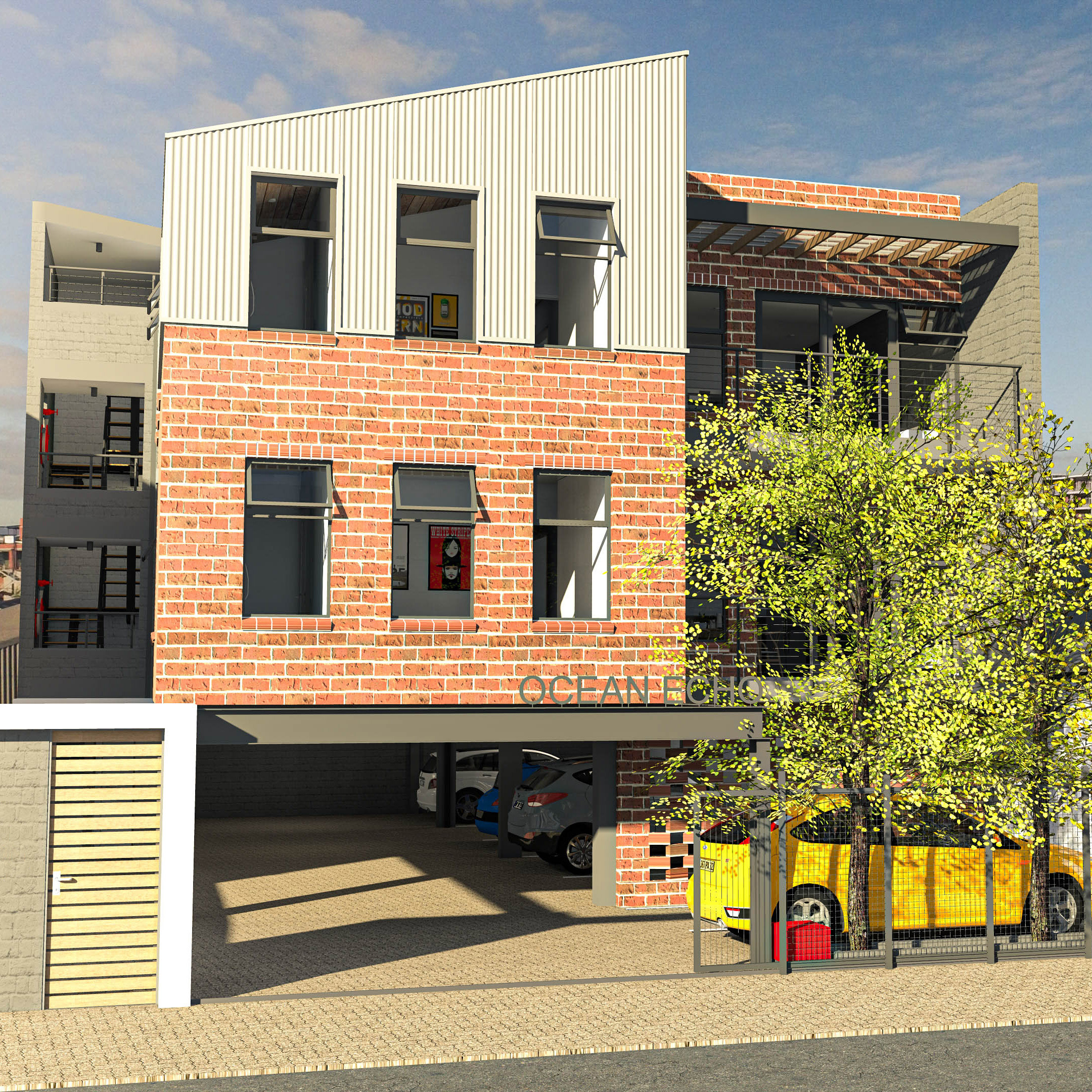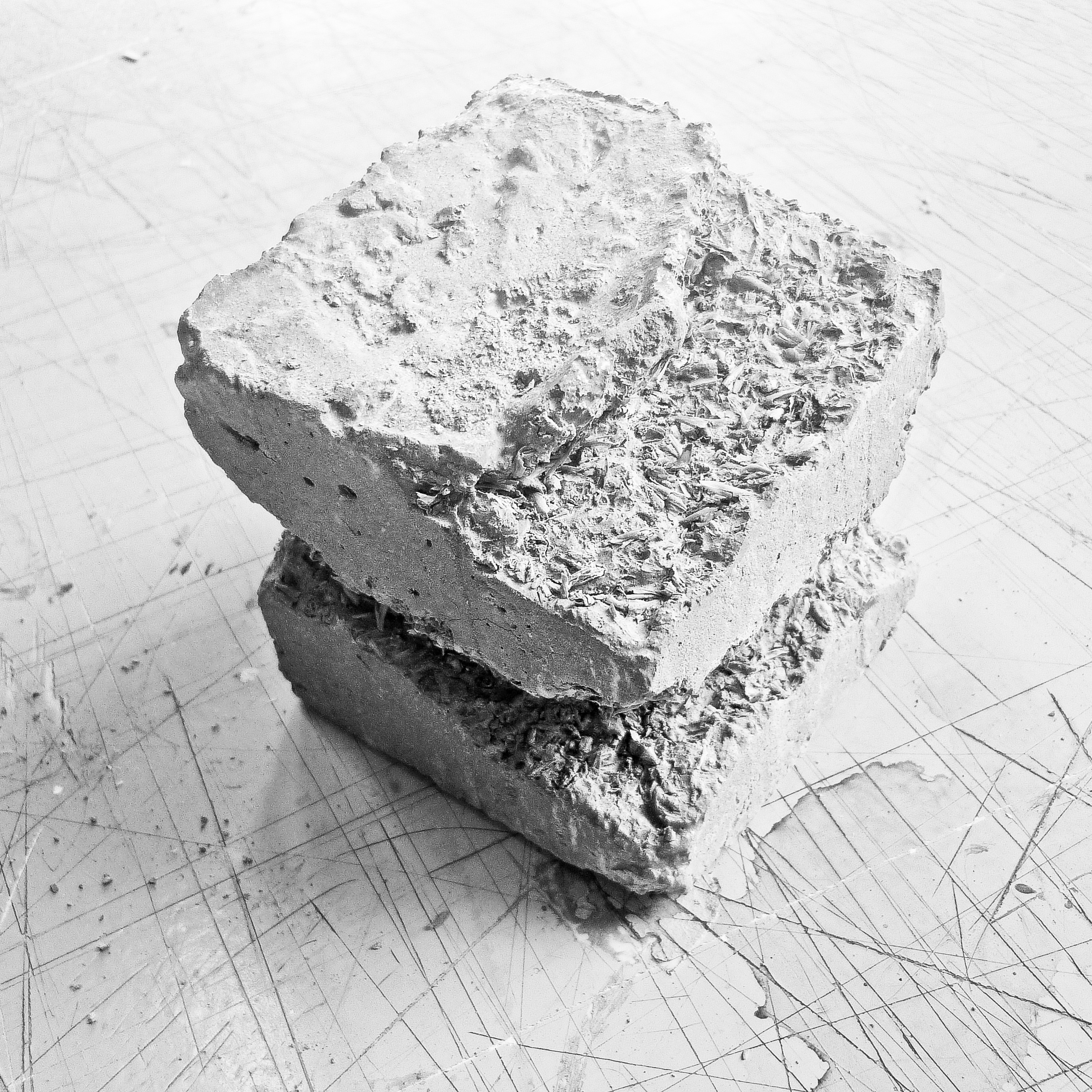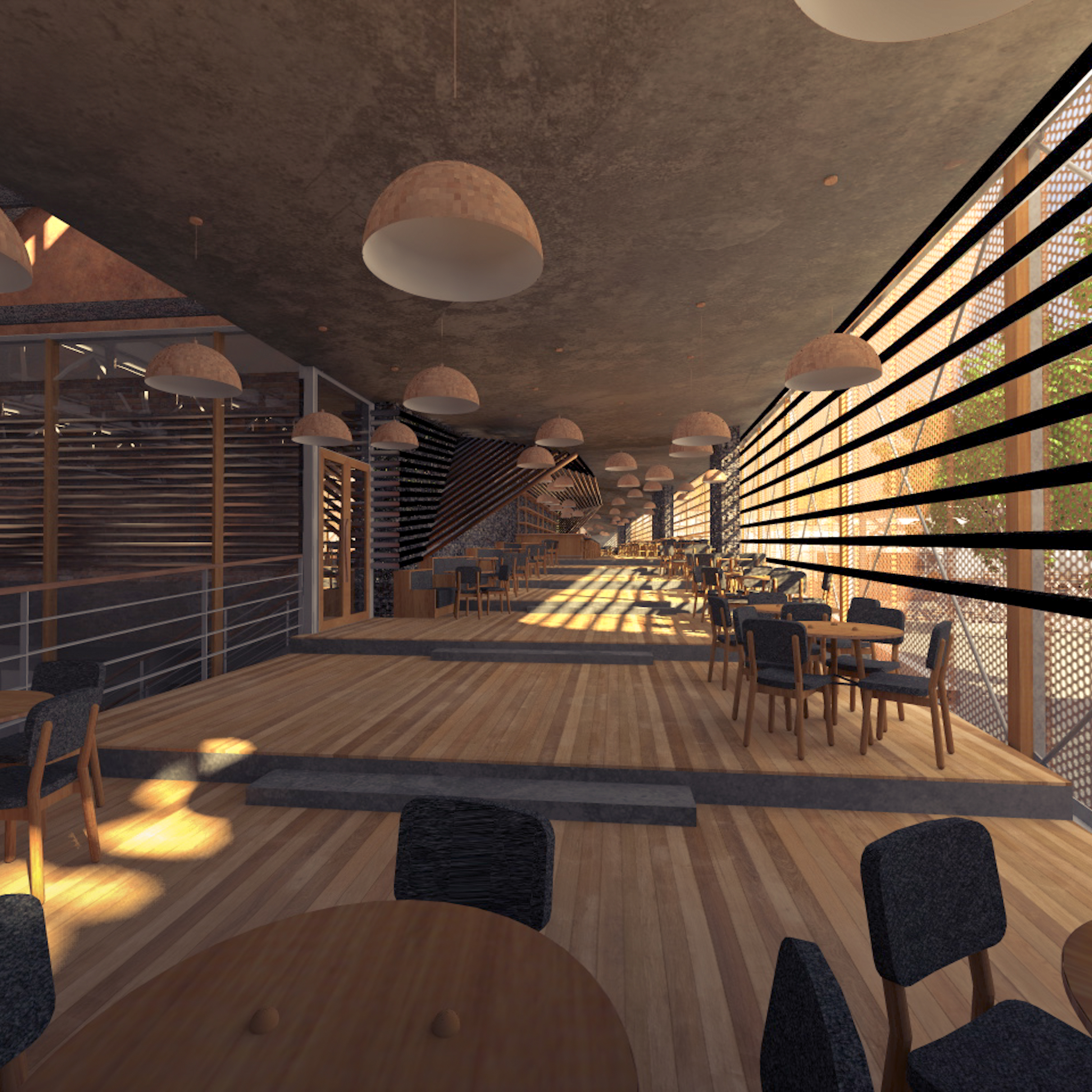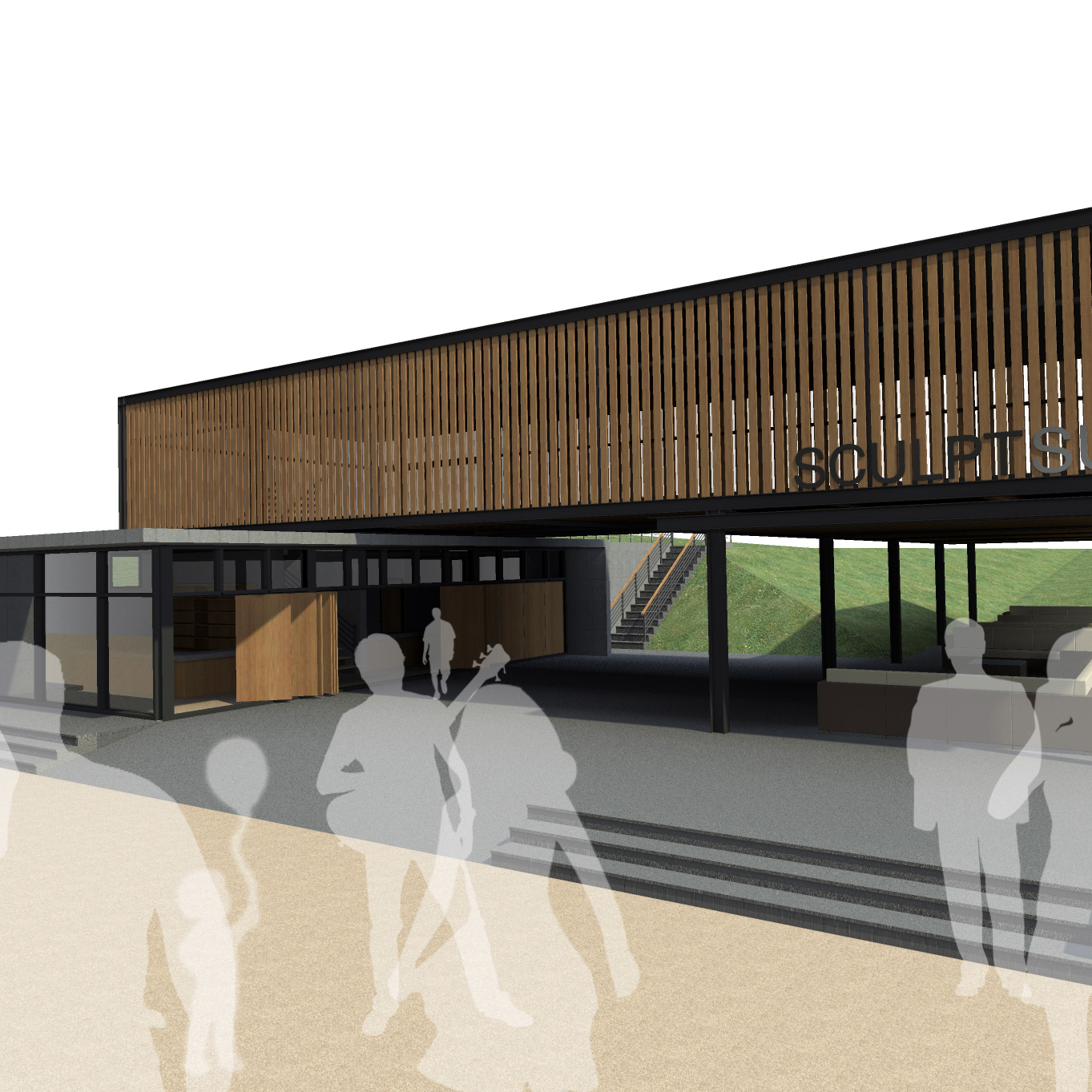2015 thesis project
Radical Geography writers like Doreen Massey posit that space is not simply a given, flat expanse over which we journey and on which human experiences take place, but rather, is itself constructed by the complex narratives and historical matrix of those experiences. In spaces of condensed social interaction, especially when amplified by the mysterious effect of alcohol, our experiences of place and time can often be non-linear, disentangling themselves from the banal, and fostering for us new connections between people and places. The brewery building is designed to be a space of just such an imaged reality. It invokes a sense of place that is both here and there. It is resolutely regional but without the parochial doggedness which draws distinctions between who belongs and who doesn’t. A space for intersections.
At the core of the Brew Works project is a space of making. The brewery is a celebration and demonstration of the craft of human production. We, as visitors, are encouraged to interact with the brewing process, so as to better appreciate and connect with the labour behind the final product we have come to enjoy. Understanding where the products we consume come from is vital to fostering a more sustainable future city. There is a reciprocal relationship with the surrounding Booysens Reserve, itself a largely unnoticed site of production. The industrial suburb authenticates and amplifies the brewery’s artisan culture and extols the virtues of its labourers, while the brewery itself seeks to expose and honour the craftsmen already hard at work in the suburb’s multiplicity of industrious activities.
As South Africa moves forward, our manipulation of the physical landscape and, at its core, our architecture, has a very real and powerful opportunity for resurveying our notional spaces, of claiming ownership for all the multiplicity of dissociated and disconnected people of our city, and dissolving the borders we place between each other. In its own way, the City of Johannesburg is fighting for this reimagining of borders. Mpho Parks Tau, Executive Major of Johannesburg, told members of a recent Council debate he was certain that:
“The Corridors of Freedom will ensure a free and united Joburg.”
It is clear that there is more to the project than simply providing improved public infrastructure and giving us better access to jobs. The Corridors of Freedom project is about narrowing spacial distances not only physically, through rapid transportation, but transcendentally, in the minds of residents granted new ownership over previously inaccessible areas of the city. Admittedly, beer has historically had a divisive role to play in South African culture. The kind of beer you drank, or were allowed to drink, defined you. Beer was once a powerful and destructive agent of social control, instrumental in the very physical, spatial control systems implemented by the Apartheid government. The Brew Works project seeks to subvert these systems; to present beer as an instrument for the construction of our own future, our own spatial and cultural identities, not ones dictated to us. Ownership of the brewery space is extended, through its scripting as a co-operative facility, to local entrepreneurs from both nearby Soweto and the far reaches of the city. It is conceived of as a space where brewing expertise, cultural diversity, and personal experience can be shared among brewers, developing more robust skills, inventive new recipes and exciting stylistic hybrids.
- Could a sorghum beer be fermented with Belgian wheat beer yeast?
- How could SAB’s new, experimental local hop varietals be incorporated into a Trappist ale?
- Could we brew a rooibos lager?
- What local fruit could we experiment with?
- If a barley beer were allowed to ferment to the traditional umqombothi method, could we develop a new Lambic-like sour beer style?
- Should we try a fynbos-honey mead?
- How could SAB’s new, experimental local hop varietals be incorporated into a Trappist ale?
- Could we brew a rooibos lager?
- What local fruit could we experiment with?
- If a barley beer were allowed to ferment to the traditional umqombothi method, could we develop a new Lambic-like sour beer style?
- Should we try a fynbos-honey mead?
The brewery is therefore strategically located in a space of many existing intersections, a portion of the city often forgotten, but one which is ideally situated to facilitate the bridging of some of Johannesburg’s major social chasms. We are a city still much divided. Our perceptions of place are indistinguishable from our perceptions of people: Soweto is our space, Santon is theirs, the East Rand ours, the West, theirs. As a society still working to overcome our entrenched, destructive us and them identifiers, we see our city as a series of heres and over theres, constructing our space not only in brick and mortar, but in our imagined conceptions of it. The social construct and the physical construct are twin actors, each informing the other’s appearance and often disguising themselves as one, the other.
As global environmental issues become increasingly dire, we can no longer afford to blindly devour mass-produced goods without interrogating the systems which manufacture them and the impact they have on our planet. A reconnection with making, with the whole chain of processes which generate a final output, ultimately inspires a human desire to reconnect with the natural world. The brewery seeks to acquaint patrons not only with the industrial process of producing beer, but with its elemental components and a sense of the terroir which produced it. The Brew Works facility is not only a production house, but also a public space, a people-centric building not only for brewing and learning about beer, but for drinking it! It is a building devoted to revelry and camaraderie.
The brewpub draws much of its inspiration from South Africa’s beer festival culture, and seeks to generate a permanent, carnivalesque environment in which patrons, like the brewers, are encouraged to interact in free and familiar abandon with other people they would otherwise be unlikely to come into contact with. In the words of Russian philosopher and literary critic Mikhail Bakhtin, the carnival is a “world upside down”, in which “carnivalistic misalliances” occur, and people that are normally separated are reunited. In this moment, histories and narratives collide, and the space takes on multiple overlapping significances beyond the here and now: a collage of notional landscapes. The Brew Works is the space in which these ephemeral moments can be shared, and the census of our imagined community is extended.
